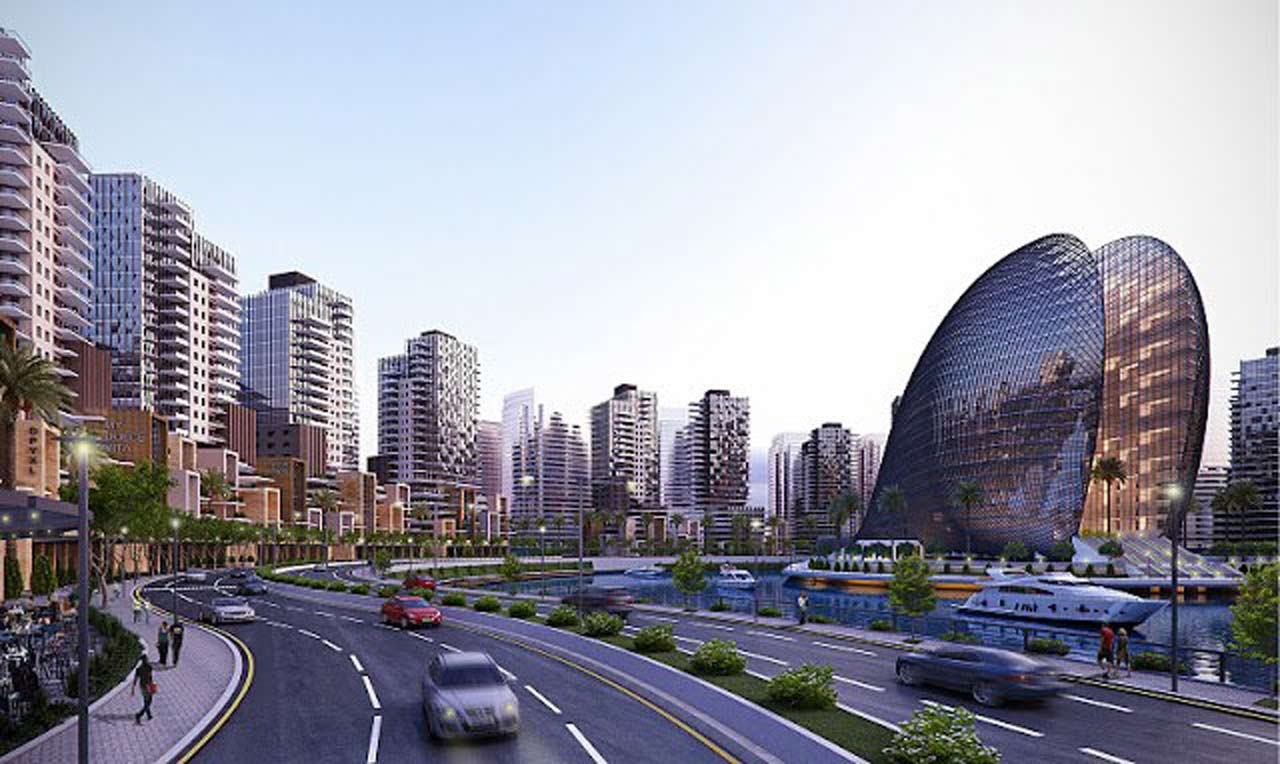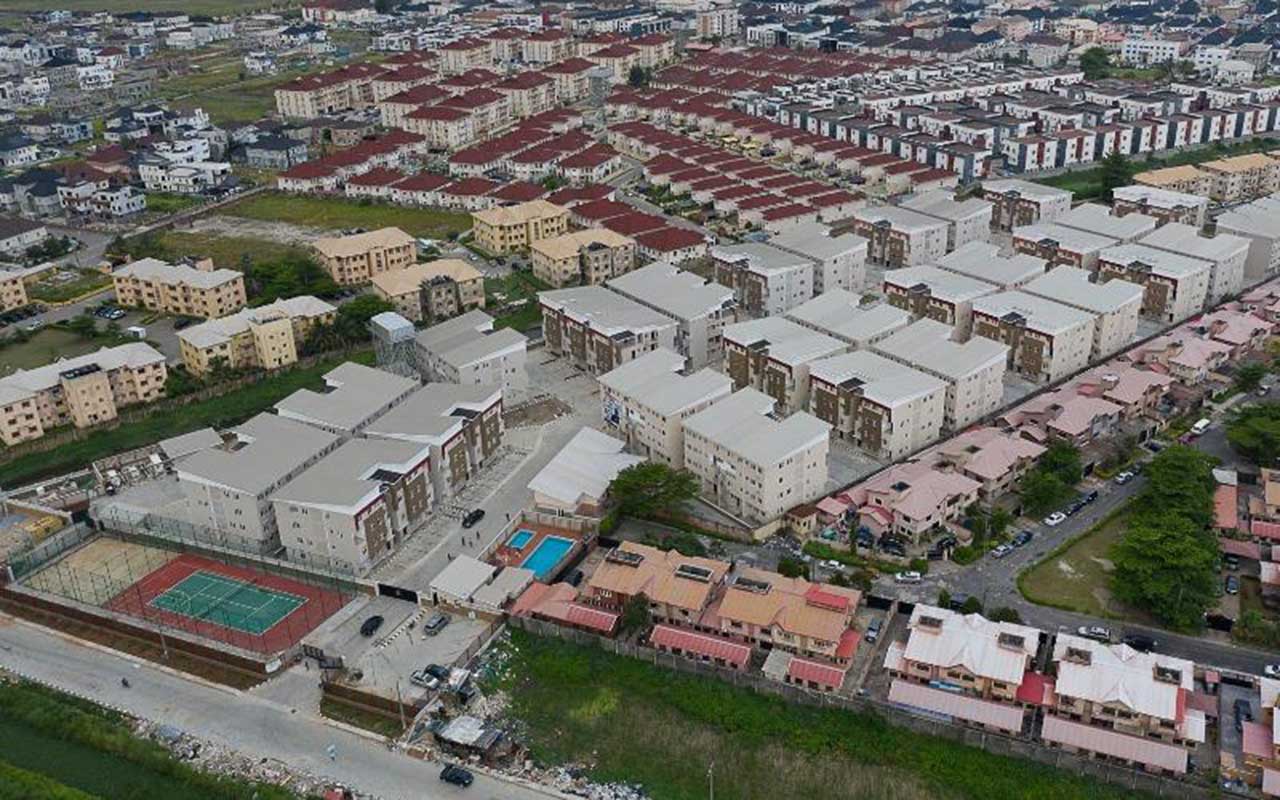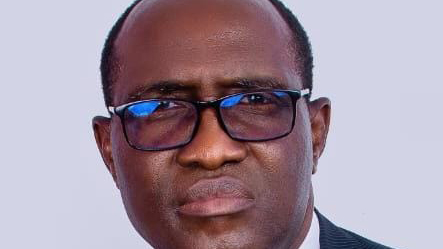
Nigeria has emerged second in planned new city developments across Africa, according to a new report by Estate Intel. The report revealed that the country accounts for 17.9 per cent of private developers, while governments of the continent are backing over two billion square metres of land reclamation and new city projects, costing over $514bn in growing urban centres.
Entitled, ‘Africa’s New Cities 2023 Factsheet’, it stated that there are approximately two billion square metres of new city projects in Africa with North Africa ranked as the leading region accounting for 88 per cent of proposed new city developments, followed by West Africa at 5.5per cent and East Africa at three per cent.
This was attributed to increased government commitments to ensure quality living and infrastructure in the face of rising urban populations. In terms of the top five countries in new city developments, Egypt emerged the leading country accounting for 33per cent, this was followed by Nigeria (17.9per cent), Mauritius (8.9per cent), Ghana (7.1per cent) and Kenya (5.4per cent).
Speaking on the report, Senior Analyst at Estate Intel, Dapo Runsewe, said the development of these new cities is due to rapid urbanisation causing overcrowded cities, straining infrastructure and available resources without adequate affordable housing options amid rising poverty levels.
These cities, he said, provide an opportunity for developers and the government to create more livable and connected cities with better infrastructure.
Demand for planned cities is high across the continent, with at least one conceptual city being introduced in 10 African countries. For instance, cities such as the new administrative capital in Egypt, Konza city in Kenya and Diamniadio city in Senegal are expected to present a new face of African cities that is more sustainable, smart and efficient.
The cities are almost equally funded in the distribution between government and private sector with government funding accounting for approximately 48 per cent of the funding, while the private sector funding accounted for 46 per cent.
Runsewe said: “New city developments in Africa hold great promise for promoting economic growth, improving living standards and addressing the continent’s urbanisation challenges.
“Successful development of new cities in Africa will require a collaborative and coordinated effort among governments, private sector actors, civil society organizations and local communities. With the right policies and frameworks in place, new city developments in Africa have the potential to be a key driver of economic growth, social development and environmental sustainability for the region in the years to come,” he said.






